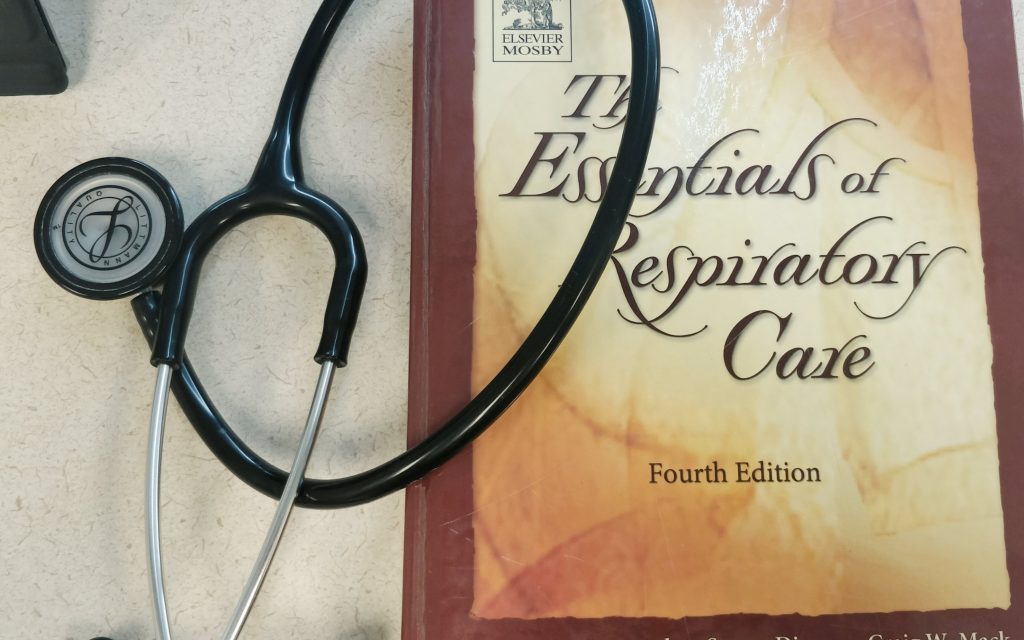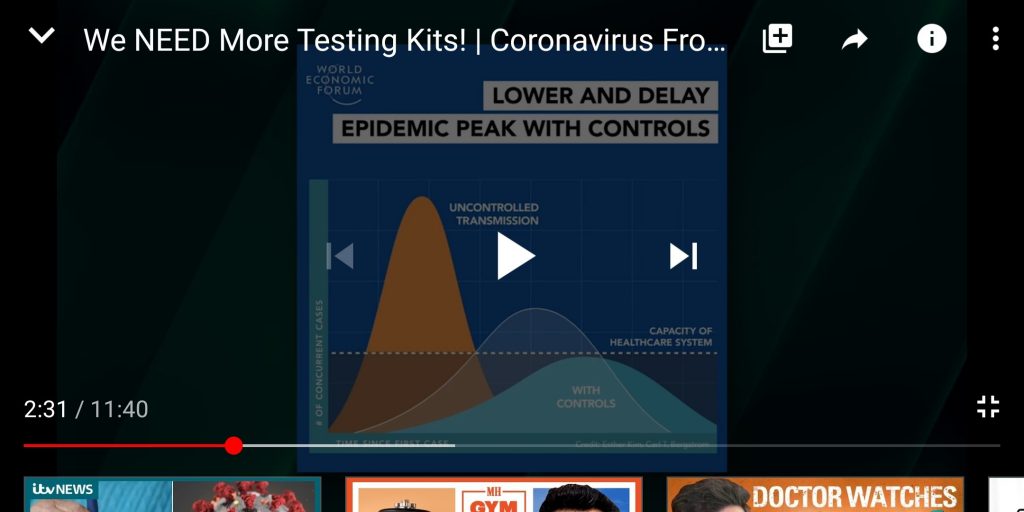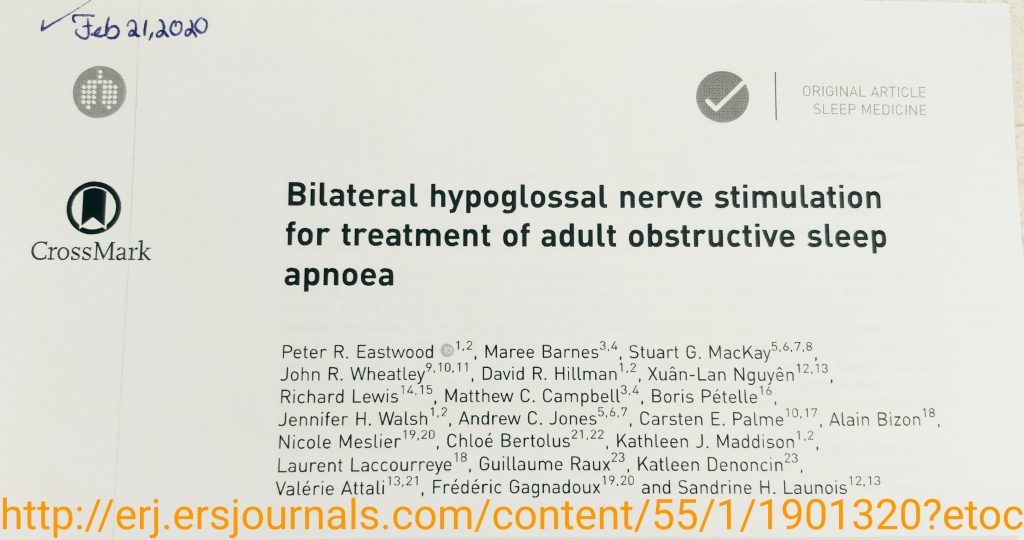During stressful times we tend to focus on the challenges and the struggles. It is important to not lose sight of the positive in our lives and to give gratitude.
Over the past few weeks, I have witnessed many amazing people stepping up to help everyone. Thank you, Sue Jones and Kelly Hassall, for your ongoing dedication and leadership to help RTs through Respiratory Therapy Society of Ontario (RTSO). Thank you, Gino Luigi De Pinto and Sue A., for keeping the RTSO website up to date with the latest resources.
Thank you, Thomas Piraino, for putting together the great resource on your website, and answering questions live on social media.
Also, a big thank you to Carolyn McCoy, Andrew West, Carole Hamp and Kevin Taylor for your ongoing hard work in the background.
Thank you to RT programs for lending your ventilator to hospitals, and taking your third-year students out of clinical rotations to keep them safe.
Farzad Refahi
March 23, 2020
www.Respiratory.Blog/gratitude/
[End]



